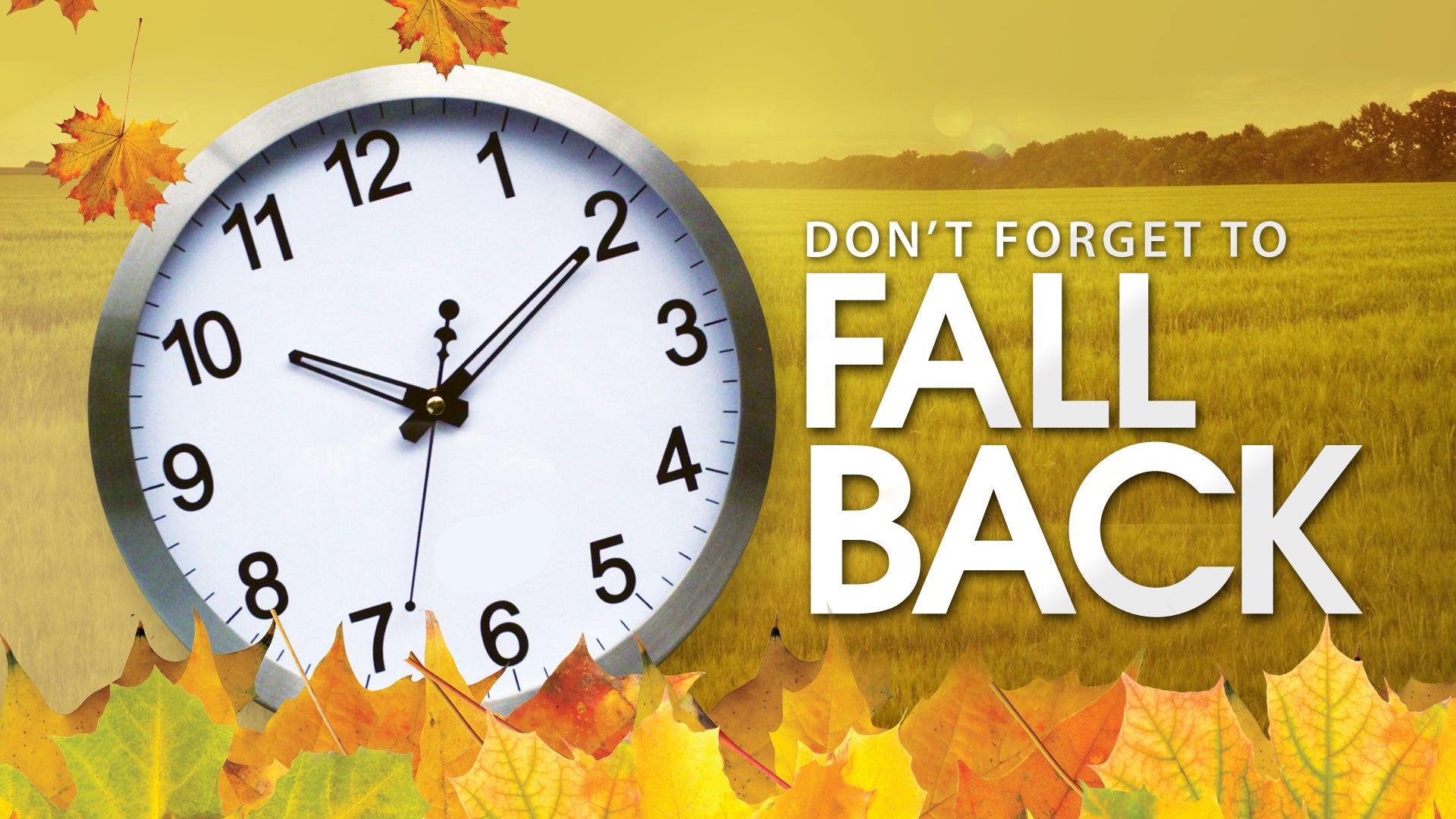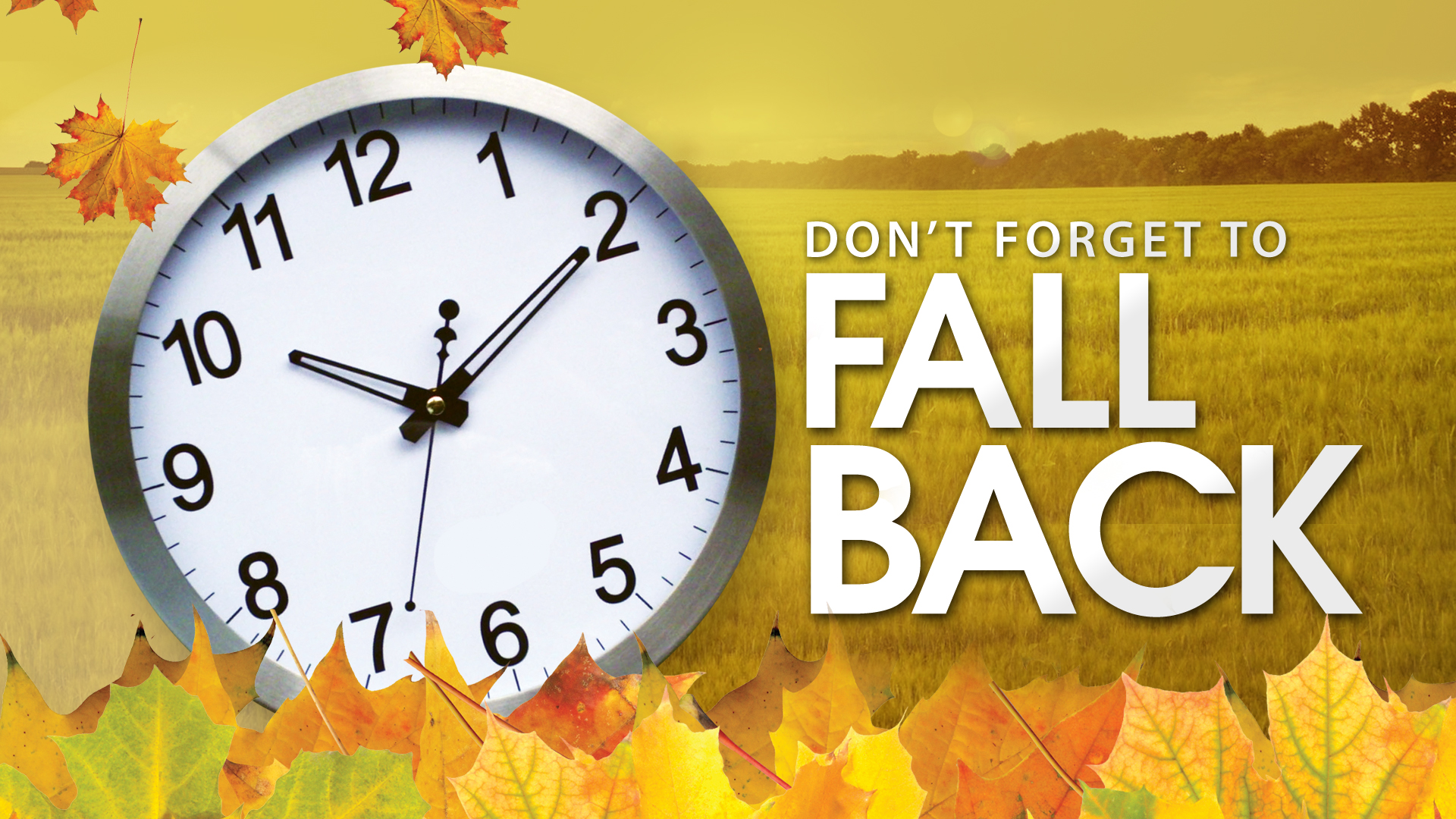Daylight Savings Time: The Ultimate Guide to the Clock Shift That's Got You Upside Down
Prepare yourself for the annual time warp that is Daylight Savings Time (DST), where you gain or lose an hour of sleep, leaving you feeling like you've stepped into a strange and wonderful new time zone. Buckle up, folks, let's dive into the topsy-turvy world of DST.
The History of Daylight Savings Time
DST was first proposed in the 18th century by Benjamin Franklin, who, known for his unconventional ideas, suggested shifting clocks an hour forward in the summer to make better use of daylight. The concept was later revived during World War 1 as a way to conserve energy. However, it wasn't until 1966 that DST became standardized in the United States.
How DST Works
The magic behind DST lies in the simple act of moving clocks forward by one hour in the spring and back by one hour in the fall. This subtle adjustment manipulates our daily routines, giving us more daylight in the evening hours when we're typically awake and seeing the world.
Benefits of Daylight Savings Time
DST advocates argue that it provides numerous benefits, including:
Drawbacks of Daylight Savings Time
Opponents of DST point out some potential drawbacks, such as:
Pros and Cons Table
|---|---|
| Energy Conservation | Sleep Disruptions |
| Increased Outdoor Activity | Health Impacts |
| Improved Safety | Confusion and Inconvenience |
Alternatives to Daylight Savings Time
Recognizing the potential drawbacks, some countries and regions have explored alternatives to DST. These include:
Scientific Evidence on the Impacts of DST
Research on the impacts of DST has yielded mixed results. While some studies suggest benefits in terms of energy conservation and increased outdoor activity, others have found negative consequences for sleep, health, and well-being. The debate continues.
Conclusion
Daylight Savings Time remains a topic of lively debate, with both proponents and opponents presenting compelling arguments. Whether you embrace the extra hour of evening light or cringe at the sleep disruption, DST is an annual reminder that time, like our perception of it, can be a malleable construct.




